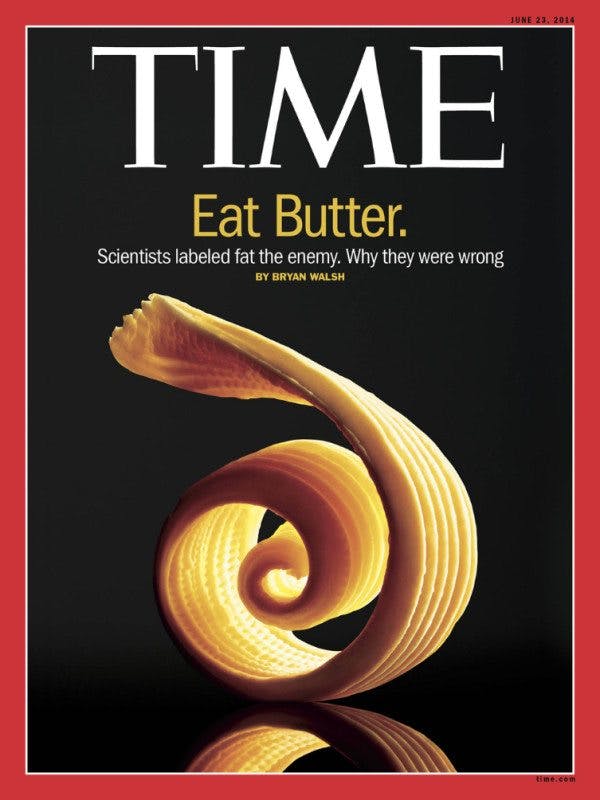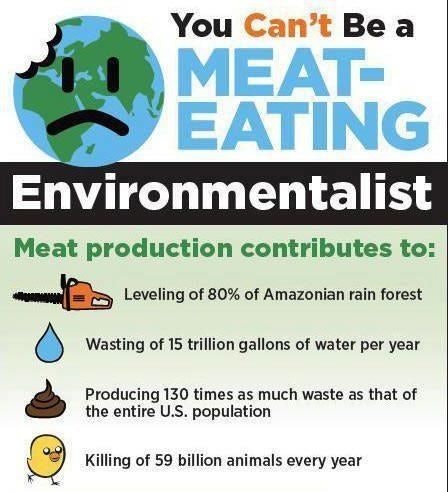In the 1970s, families were encouraged to eat healthy, nutritional margarine and refrain from consuming butter.

Those same families likely would have shuddered at seeing this 2014 Time magazine cover:

Meanwhile, a quick internet search yields the public opinion on margarine today:

While debates over the worst foods and the best diets seem to be rehashed every couple of years, the environmental impact of certain diets has become particularly analyzed in recent times.

With celebrities like Paul McCartney championing “Meat-Free Mondays” and friends urging friends to minimize their carbon footprints through food, people today are eager to reanalyze their diets.
In this vein, Louie Psihoyos’ documentary film, The Game Changers, attempts to merge both the nutrition and environmental arguments against animal-based foods to form an air-tight argument in favor of veganism, but the film leans heavily towards the former and leaves more questions than answers.
Focusing on several athletes’ journeys to become stronger and healthier through veganism, the film features interviews with doctors and scientists alike promoting the benefits of the lifestyle. While the storyline is easy enough to follow and the images are shot competently and aesthetically, the pacing of the film is altogether too fast and frantic to allow in-depth processing of the information, leading it to feel more like a piece of propaganda than a thoughtful discussion.
Perhaps most concerning is the film’s dependence on case-by-case experiences, which are not only unscientific but also heavily feature white males and only briefly portray women and people of color. The film also primarily showcases wealthy, upper-class subjects who can afford to give up animal products, and nowhere does it address the issues veganism brings among the lower classes.
Scientific studies that are included are addressed only in vague terms, leading viewers to make inferences that seem logical but may be inaccurate. Almost nowhere does the film seriously raise doubts or address alternative ideas, making its factual accuracy questionable.
On a positive note, The Game Changers does present a unique view on veganism and it does tackle some stereotypes, such as the idea that meat is a manly food, a concept perpetuated by fast food advertisements—although, ironically, while the film warns of the power of advertisements to irrationally sway public opinion, it fails to consider its own less-than-logical powers of persuasion.
The Game Changers is a worthwhile look at the possible benefits of veganism, but the blurring between facts and conjectures minimizes the film’s power as a documentary. Its sleek appearance and strong technical use of interviews mixed with b-roll masks a flawed argument. The film may better serve as a springboard for further discussion, but viewers hoping to find answers to a complex issue should look beyond its 90 minutes for a more comprehensive perspective.


Recent Comments